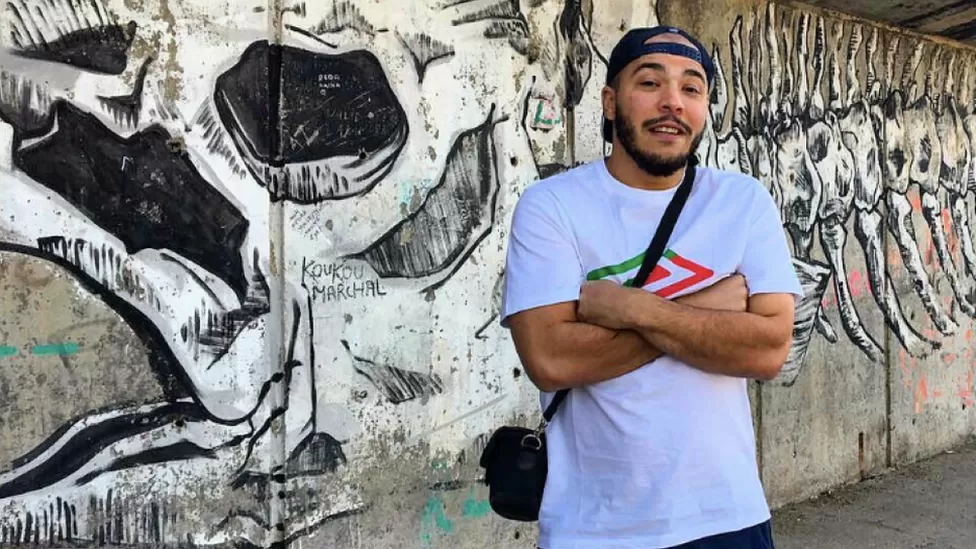Reverse migration I’m moving from France to Algeria

Maher Mezahi reflects on why he’s taken the decision to leave France and return to Algeria, where his family originally comes from.
Almost every immigrant family has that one person who criticizes their country of origin excessively.
They’ll reveal that the price of a fruit they grow back home has tripled in the last year when you bring it up in a family discussion.
There will be news about a niece or nephew who has graduated from secondary school and they will complain that the quality of education is terrible.
As a child, my father was that family member, and so my trips to Algeria – I was living in Canada at the time – were coloured with bitter remarks and paranoia.
His pessimism probably stemmed from the guilt of abandoning everything he knew, and his criticism seemed like a way to rationalise his departure.
Thus, until I began traveling alone to Algeria as a young adult, I was unable to form any judgments about living there.
Then, I fell in love with African football and realized that moving back to Algeria was the only way I could pursue a career in football journalism.
In recent years, there has been much written about “reverse immigration”, in which children of first-generation immigrants return to their countries of origin to rediscover lost wisdom, reconnect with extended family, and resolve identity issues.
Many of these stories are heartwarming, but older generations are more cynical and make off-hand remarks such as: “Wait until they have to do any paperwork at any government agency.”
One night, I insisted that it was time I moved to Algiers during dinner in our family living room back in Canada.
With a smile on his face, my older brother replied, “I give him two years.”.
My father shot back, “Two years?” It seemed like just two months.
In the months that followed, even the extended family would participate in bets regarding my survival in Algeria.
It took me six years to complete my degree.
